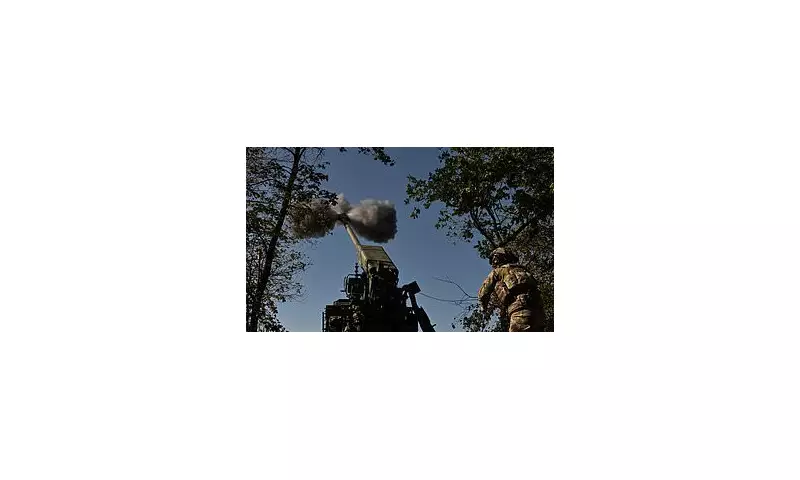
In a bold declaration that underscores the foreign policy shift a second Trump term would bring, the former President's likely envoy to Moscow has claimed he could end the devastating war in Ukraine within a single day.
John Herbst, a seasoned diplomat and former US Ambassador to Ukraine, has been tipped as Donald Trump's top choice for the crucial Moscow role. He stated that a Trump administration would approach the conflict with a starkly different 'realist' strategy, moving away from the Biden administration's current policy.
A Swift and Decisive End to the Conflict
Herbst's astonishing claim centres on applying maximum pressure on both warring nations to bring them to the negotiating table. "The aim is to get this thing settled and over with," he asserted, suggesting that the mere threat of altered US support would force a rapid resolution.
This approach signals a potential dramatic withdrawal of the extensive military and financial aid the US has provided Ukraine under President Biden, a move that would send shockwaves through European capitals and the NATO alliance.
A Hardline 'Realist' Approach to the Kremlin
Herbst, now a senior director at the Atlantic Council's Eurasia Center, outlined a foreign policy built on pragmatic 'realism' rather than what he characterised as ideological pursuits. This philosophy would involve dealing directly with Putin's Russia based on cold, hard national interests.
"We will be tough where we have to be tough. We will be cooperative where we can be cooperative," Herbst explained, framing the proposed strategy as a more transactional and clear-eyed way of engaging with adversarial nations.
Experience and Controversy
The potential appointment of Herbst is itself significant. His extensive experience as Ambassador to Ukraine from 2003 to 2006 provides him with deep regional expertise. However, his hardline views are certain to prove controversial amongst Washington's foreign policy establishment and its European allies, who fear any deal that could legitimise Russian territorial gains.
This revelation offers the clearest glimpse yet into how a Trump II presidency would seek to untangle one of the world's most dangerous and protracted conflicts, prioritising a swift conclusion over long-term strategic support for Kyiv.





